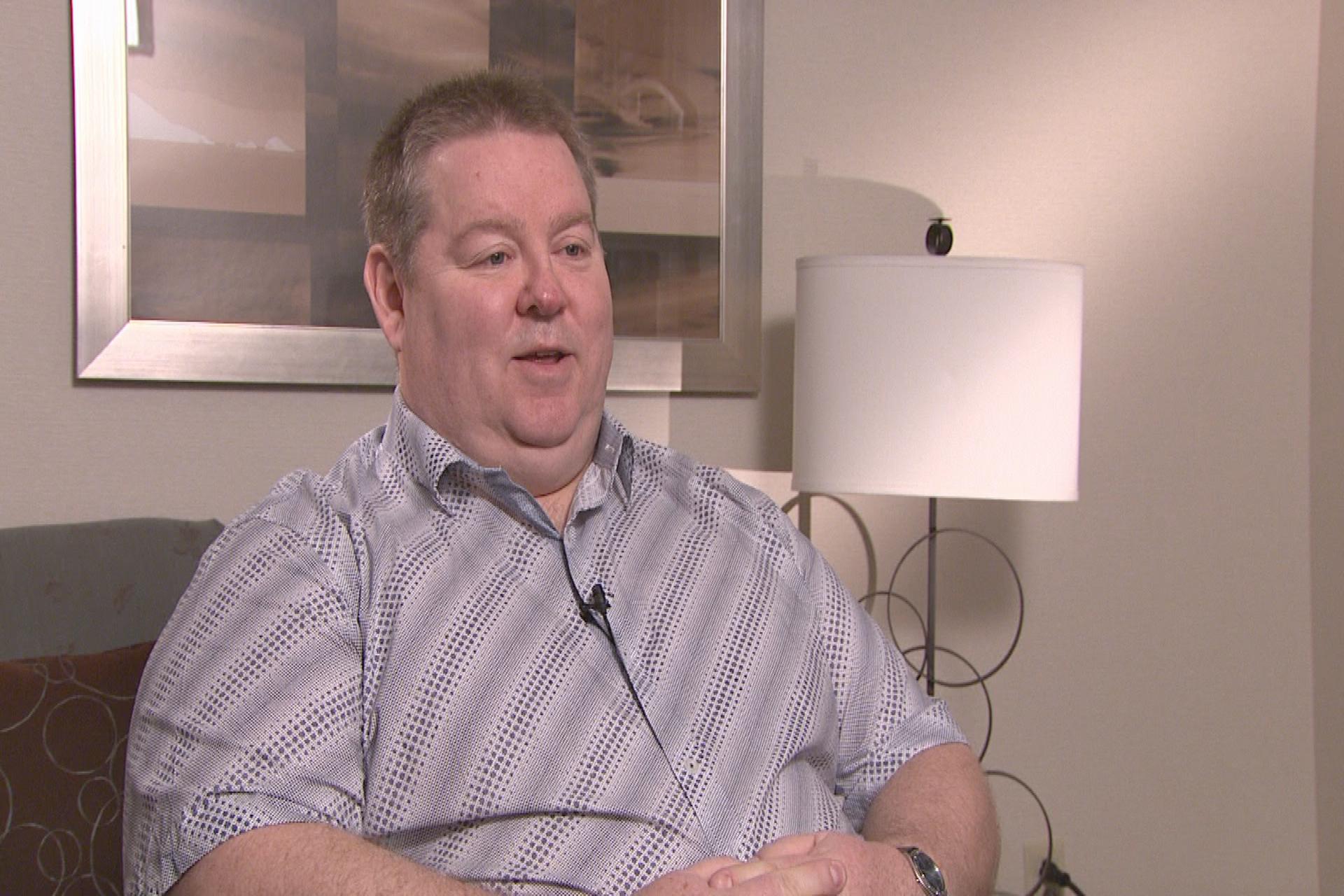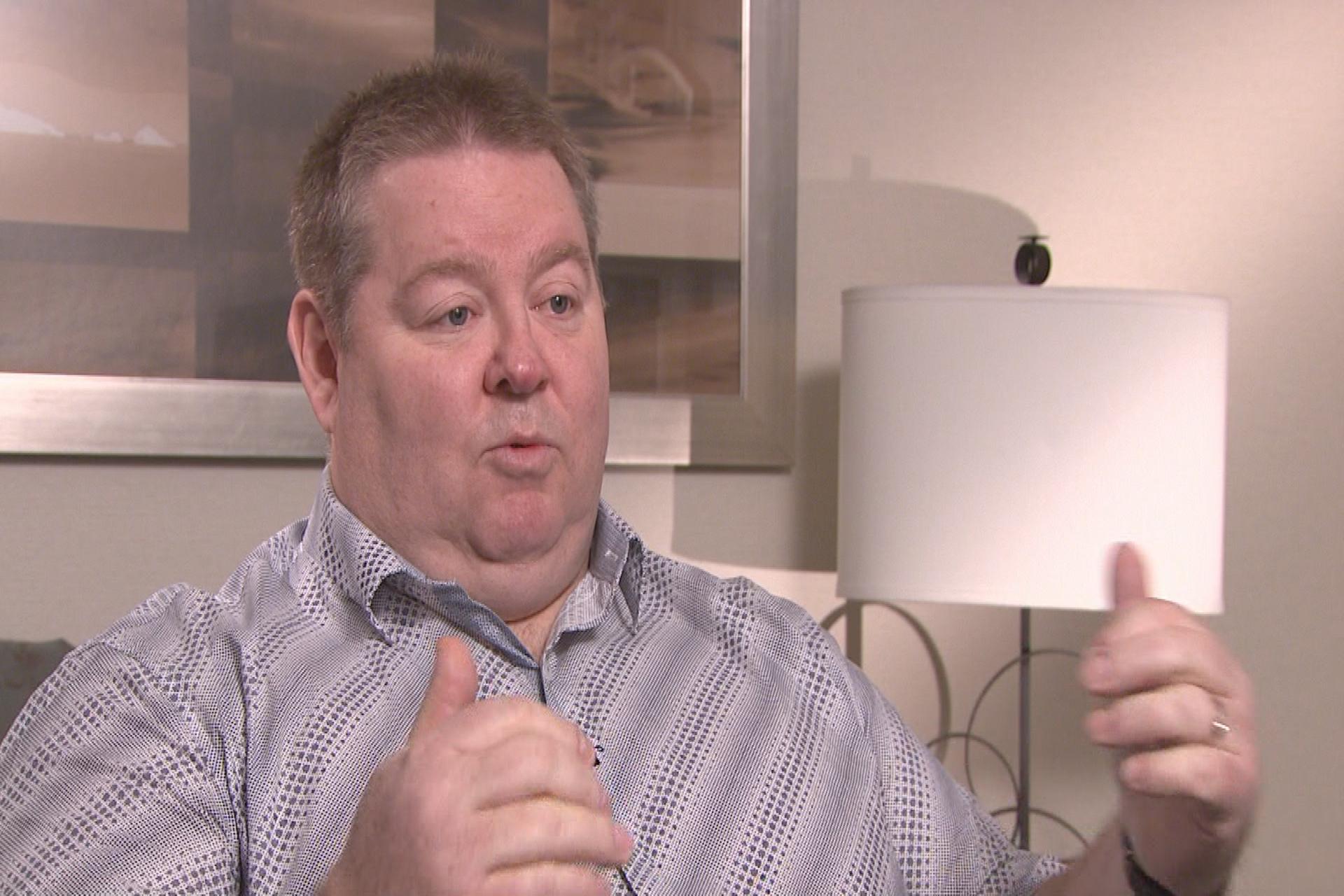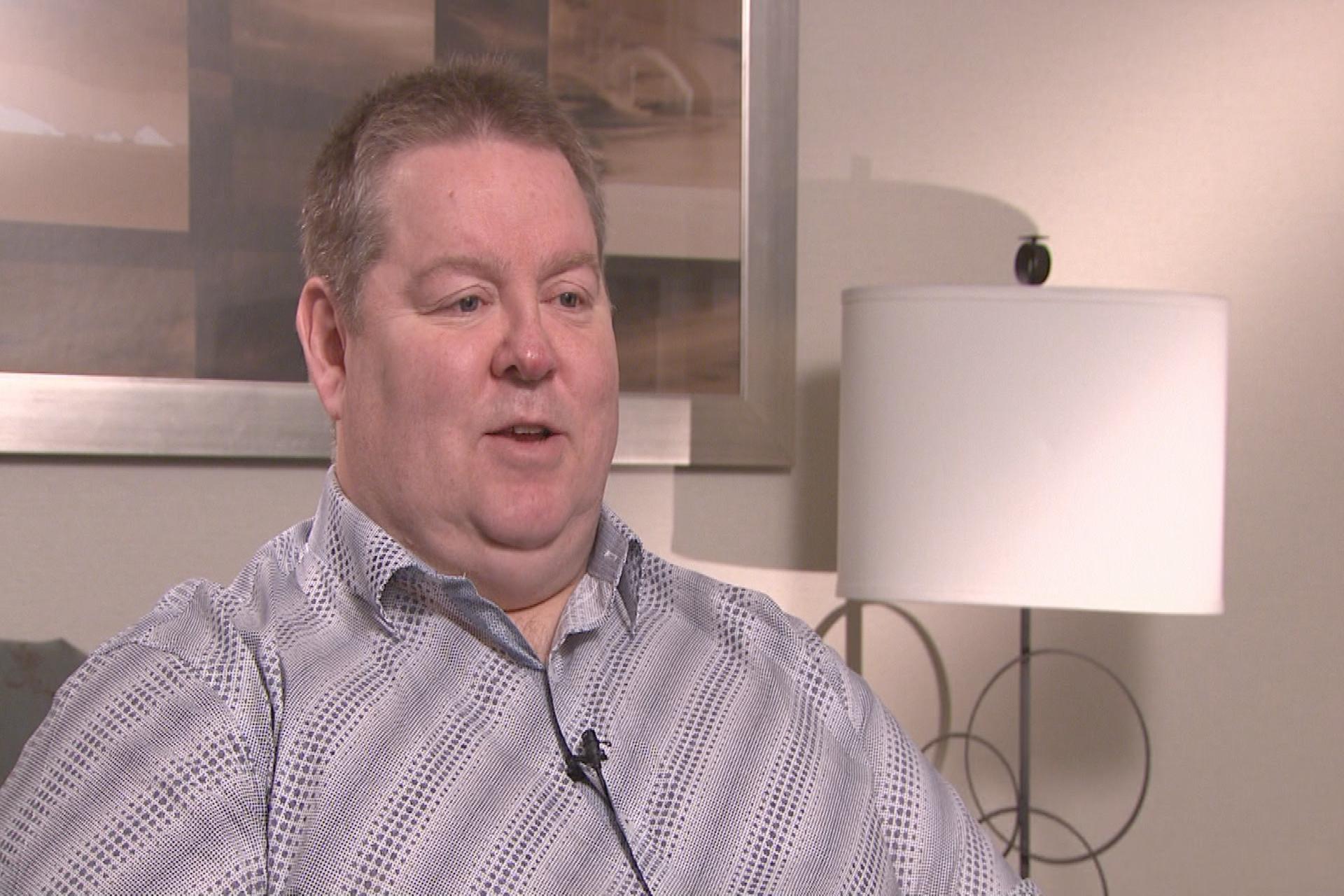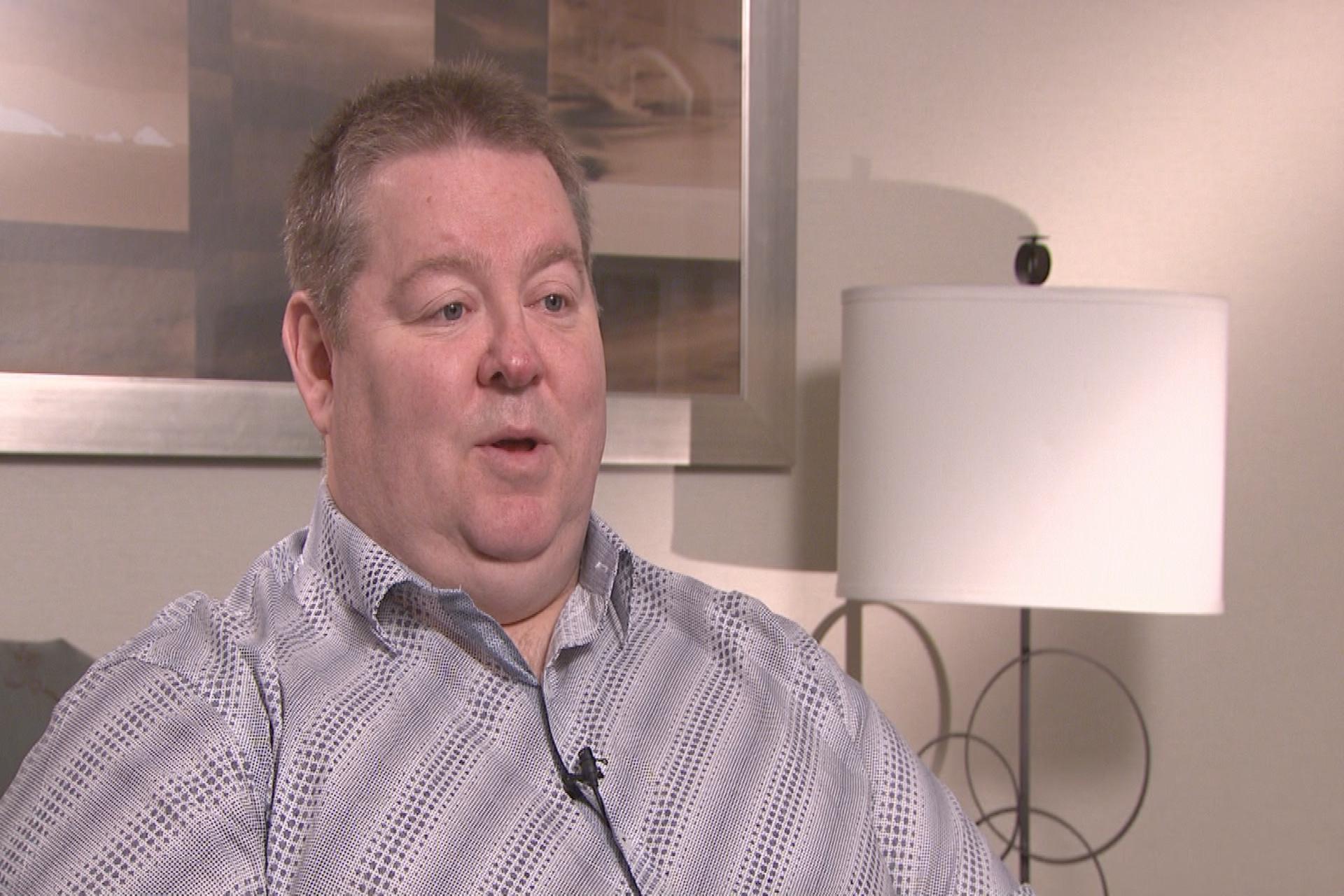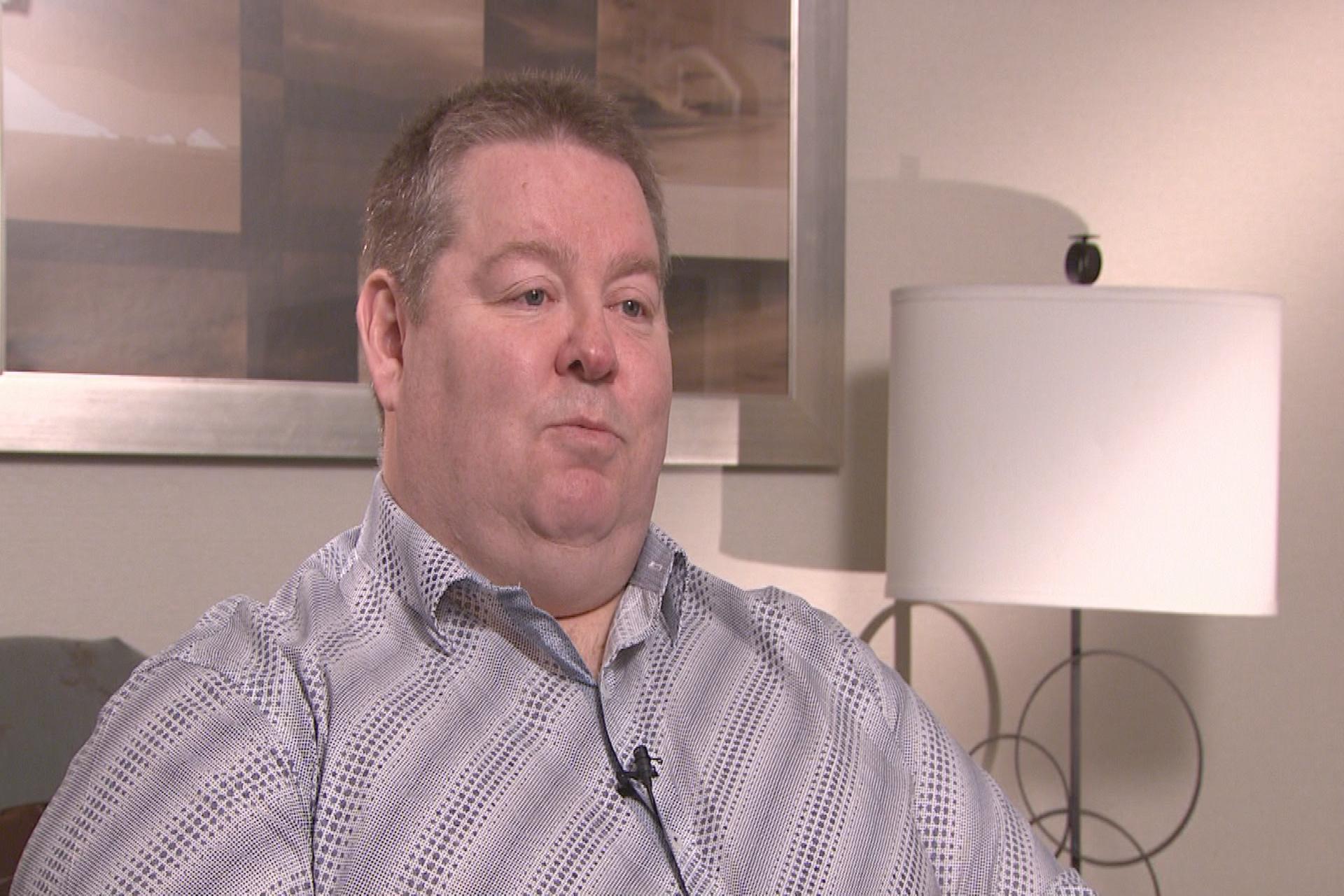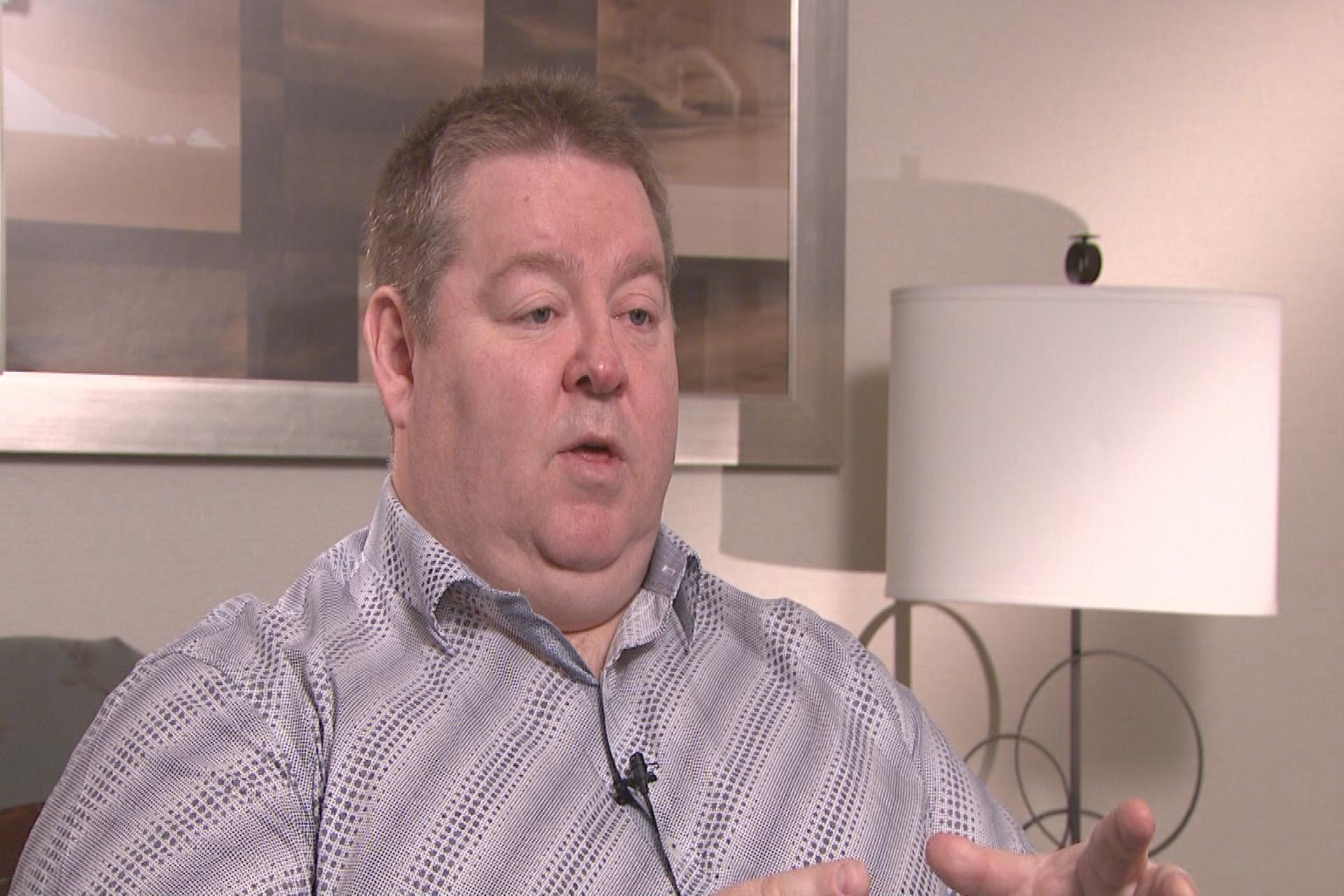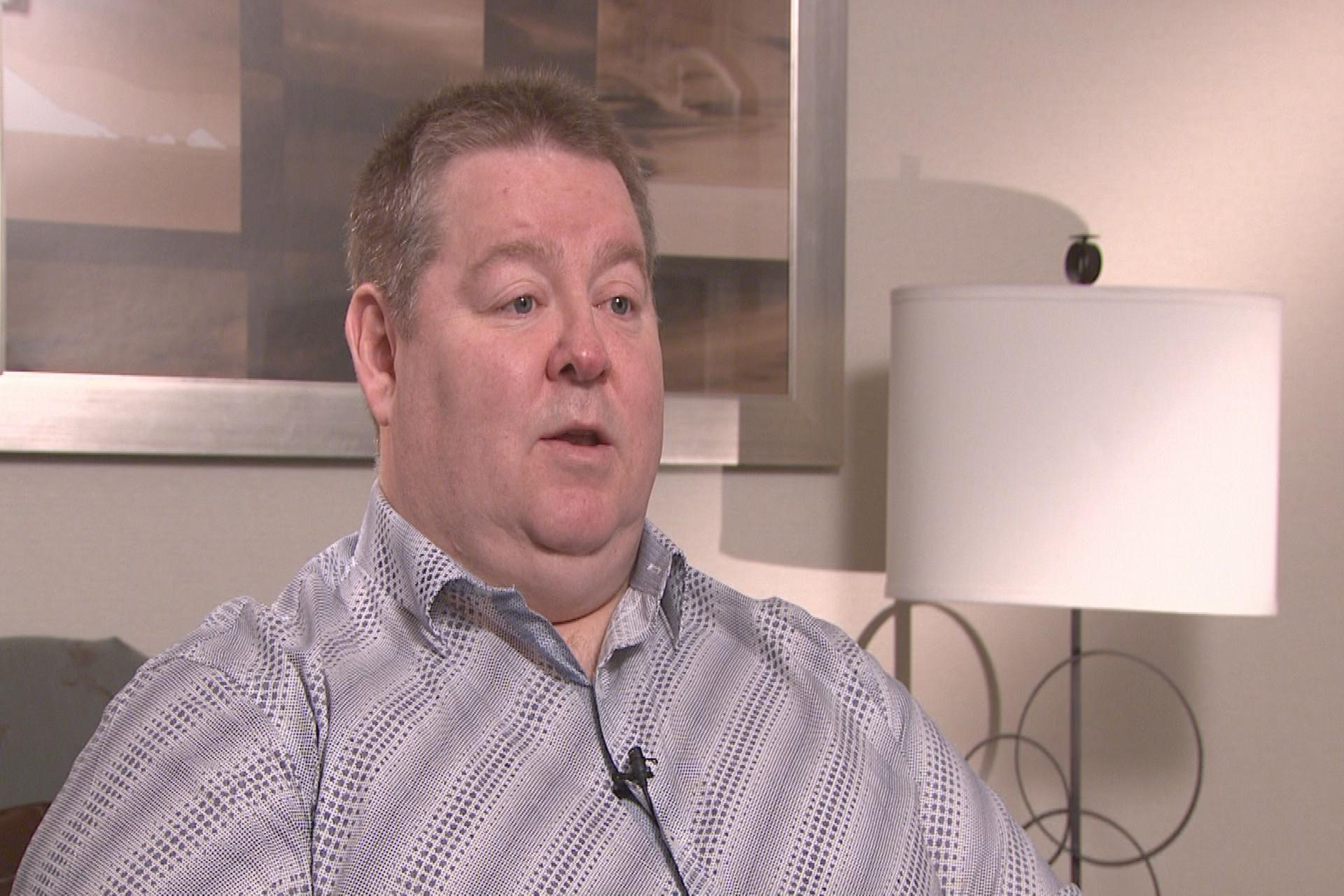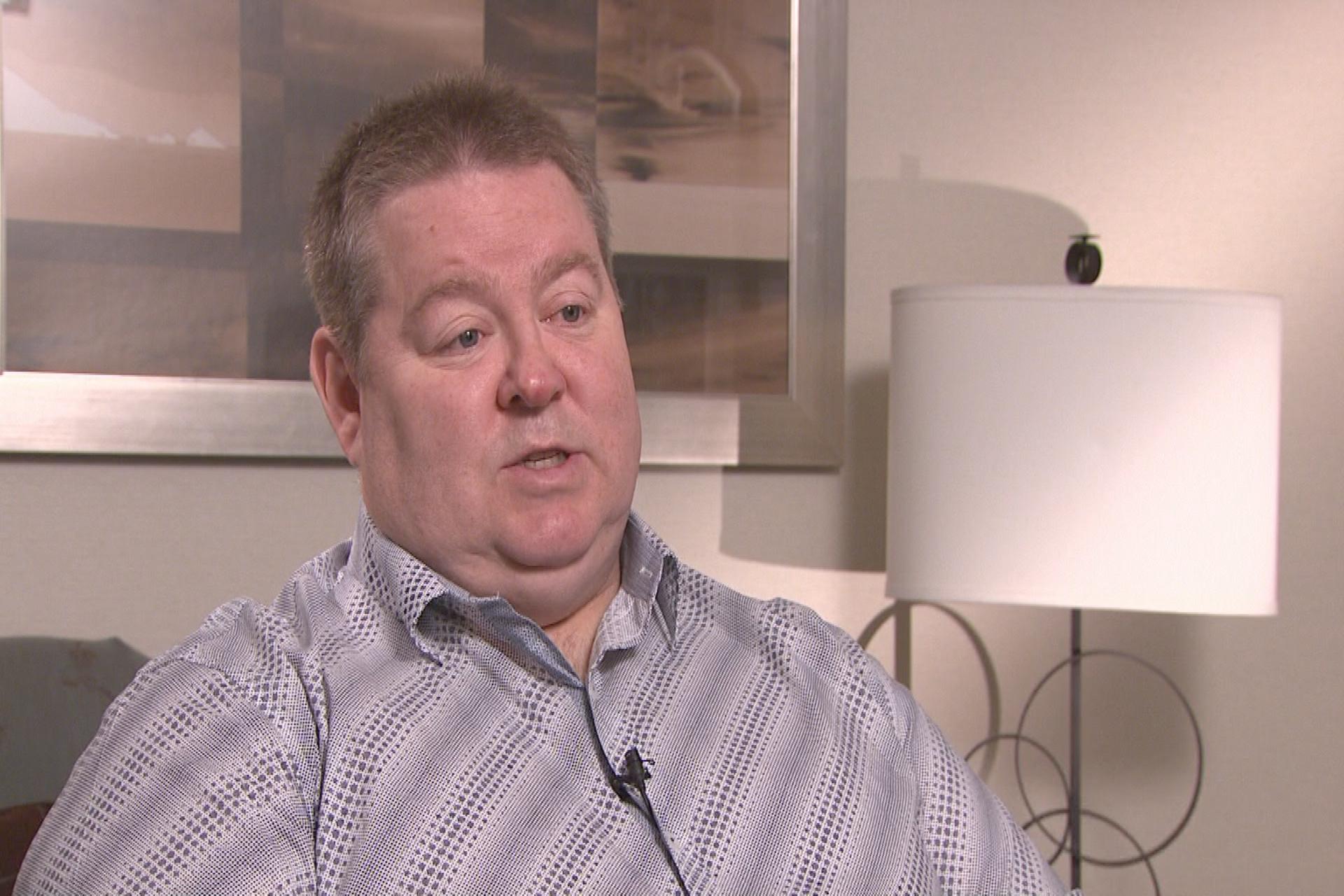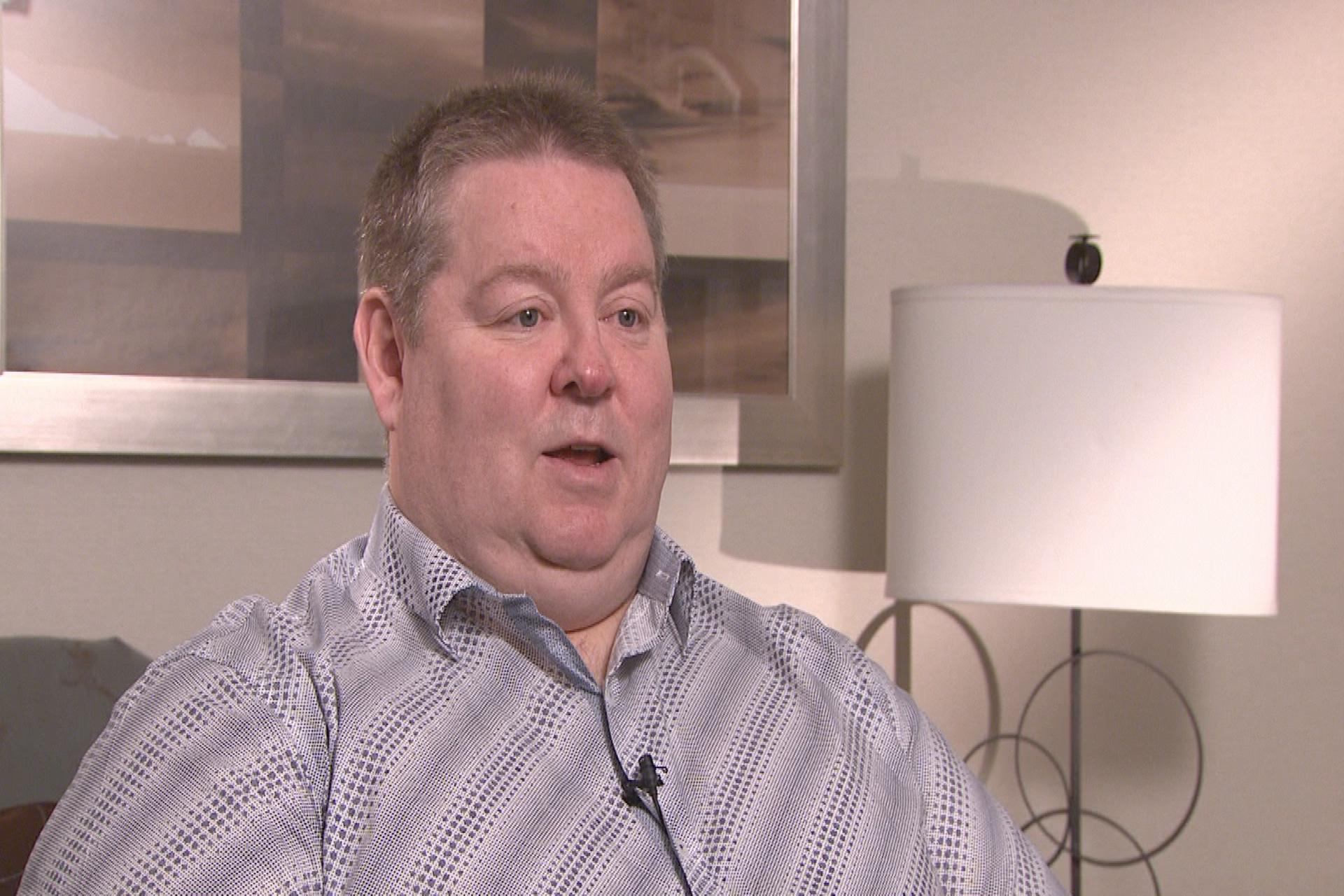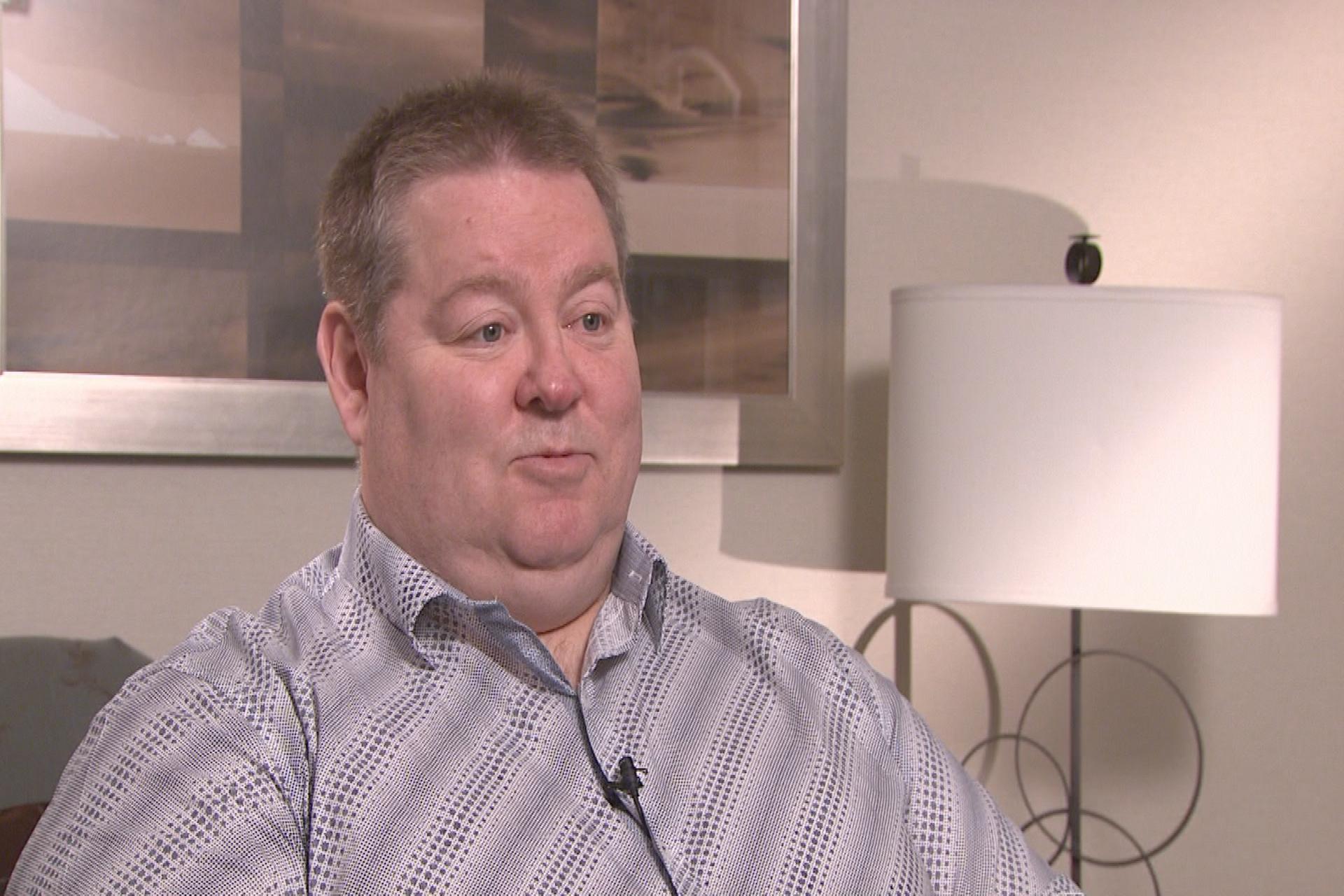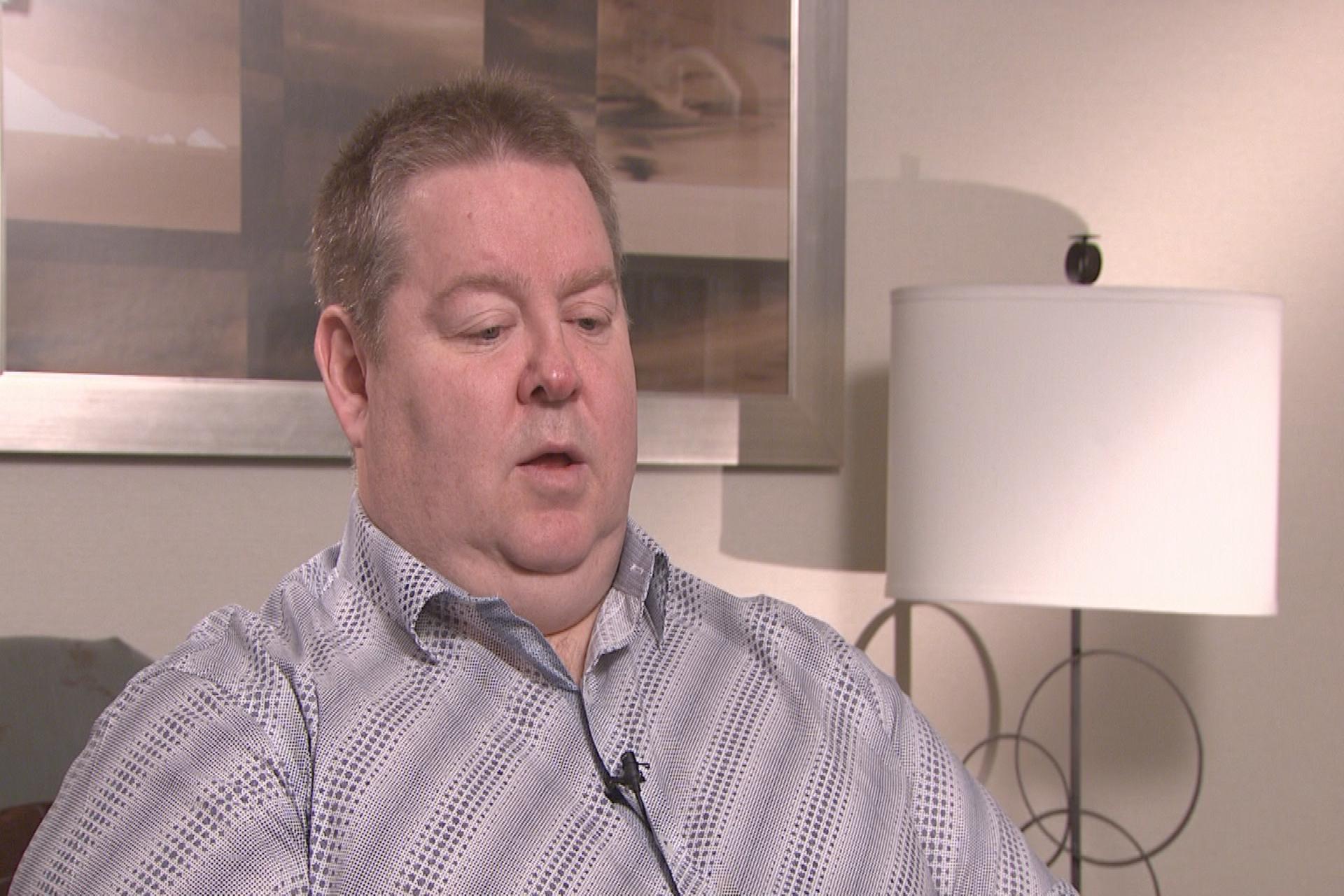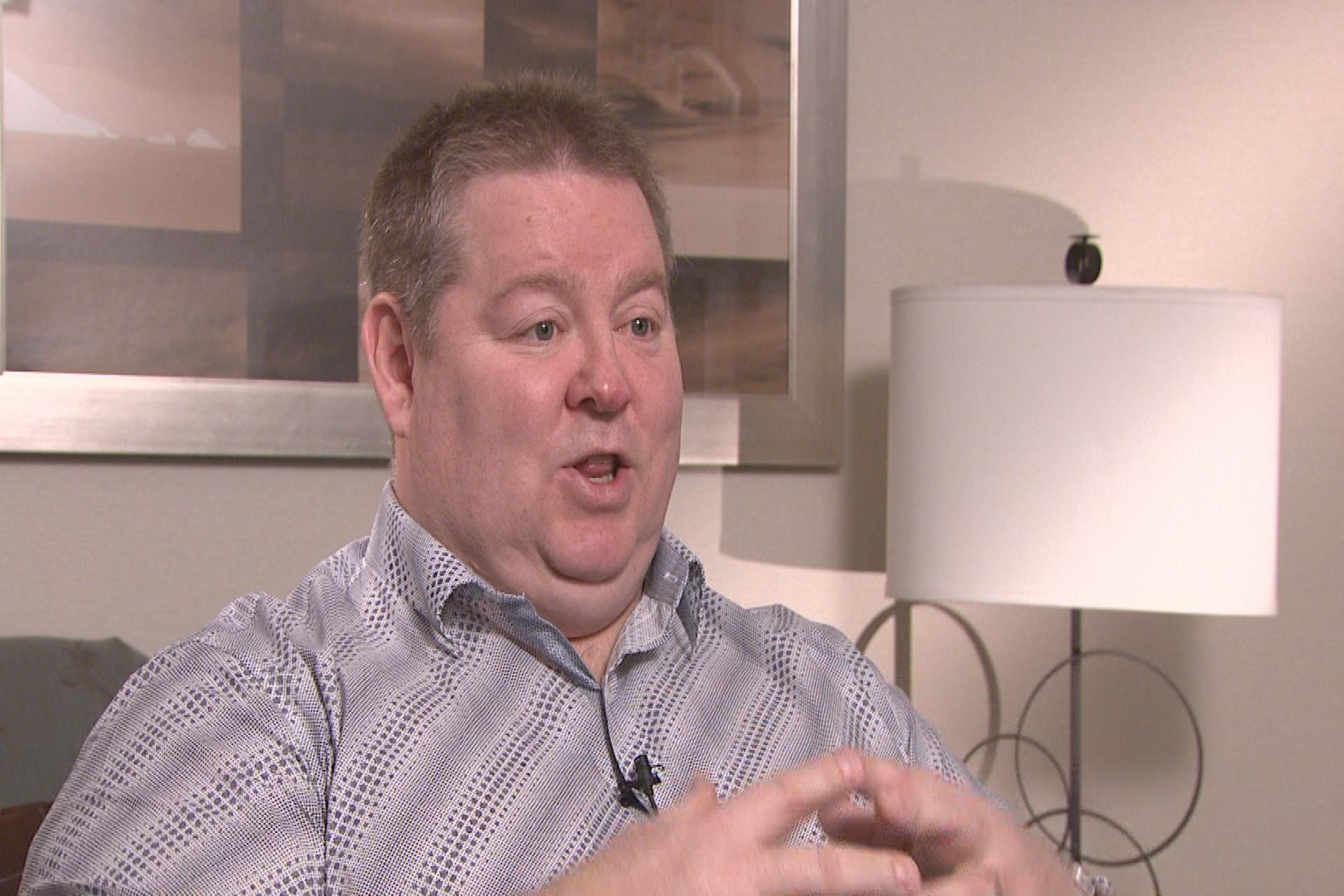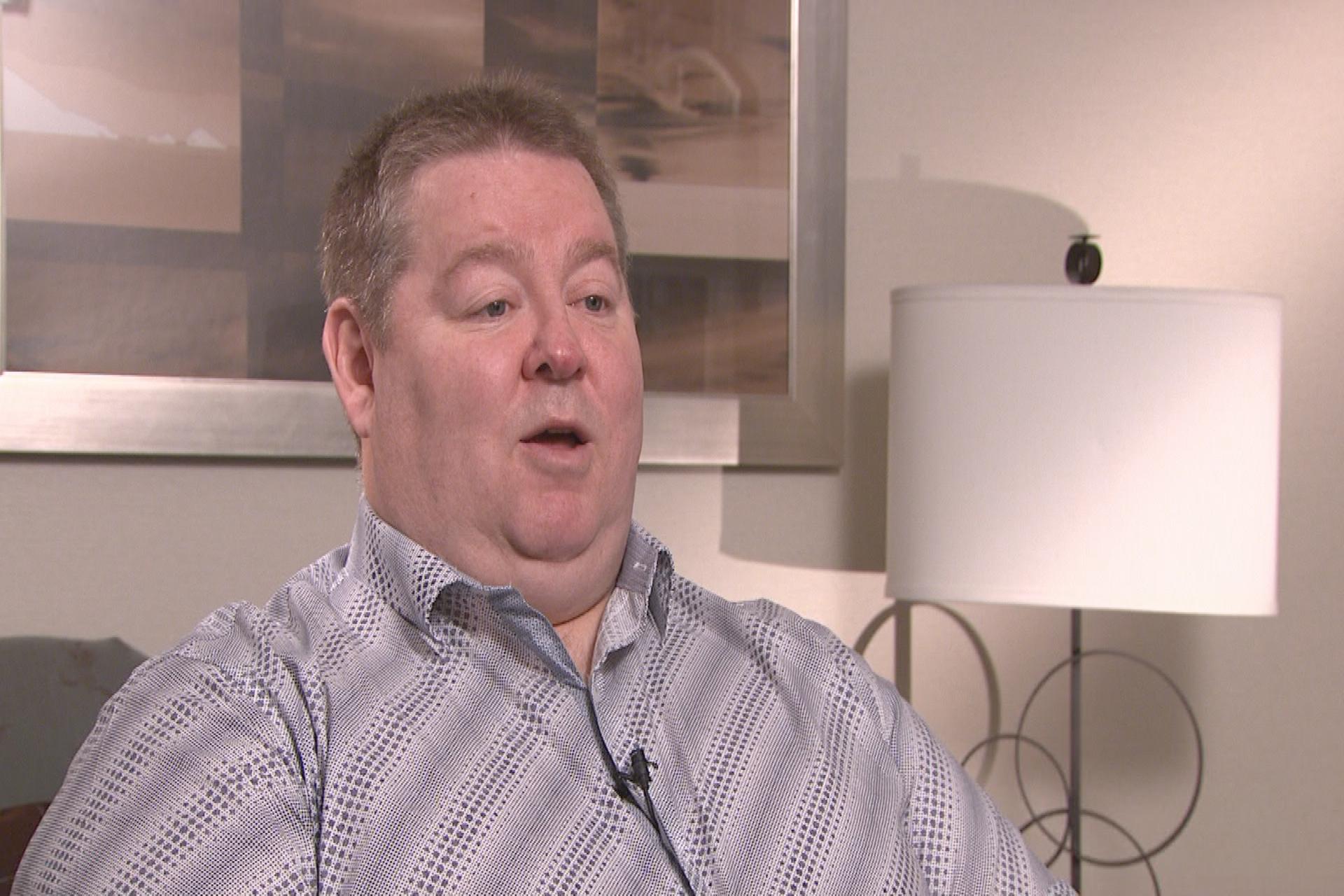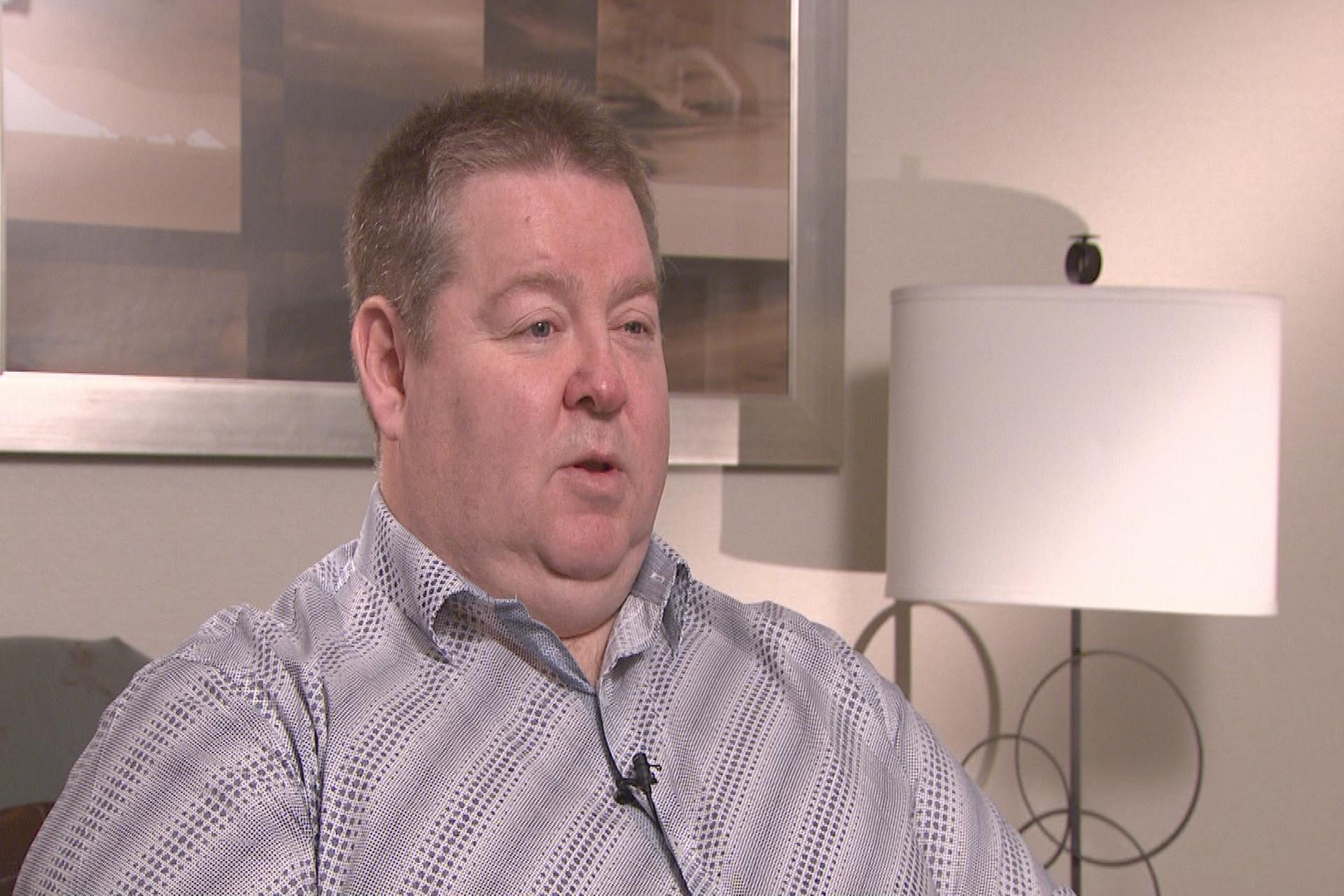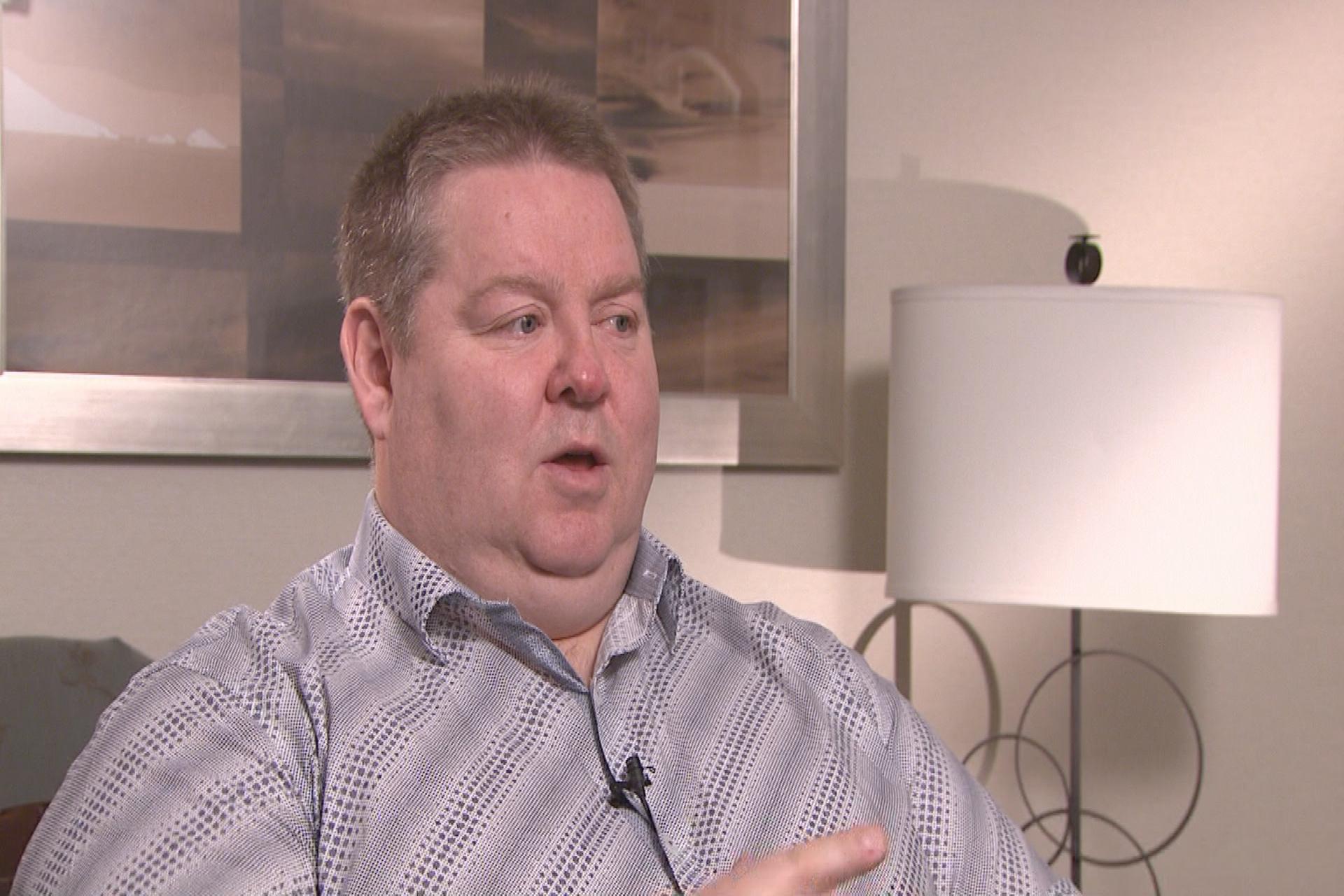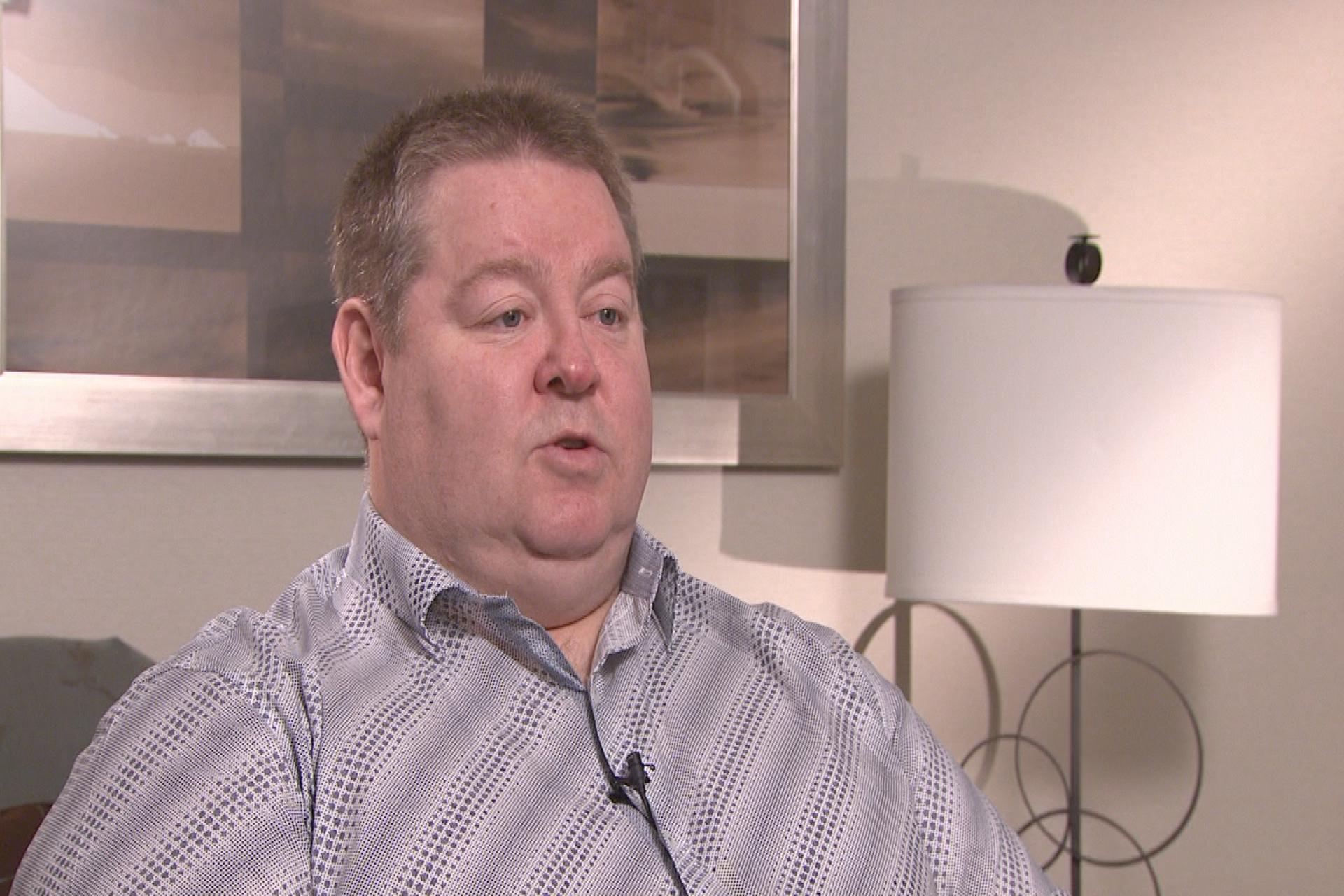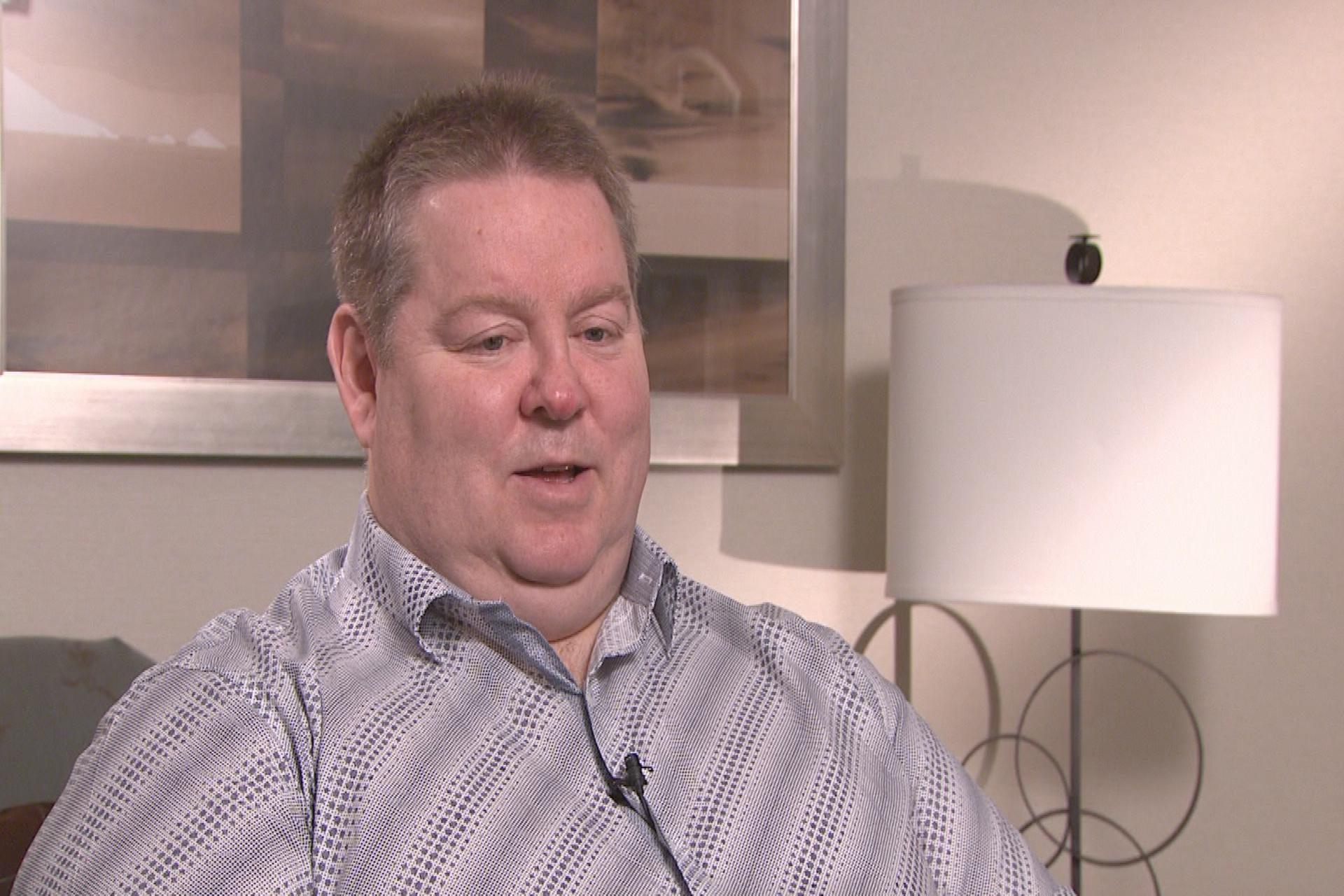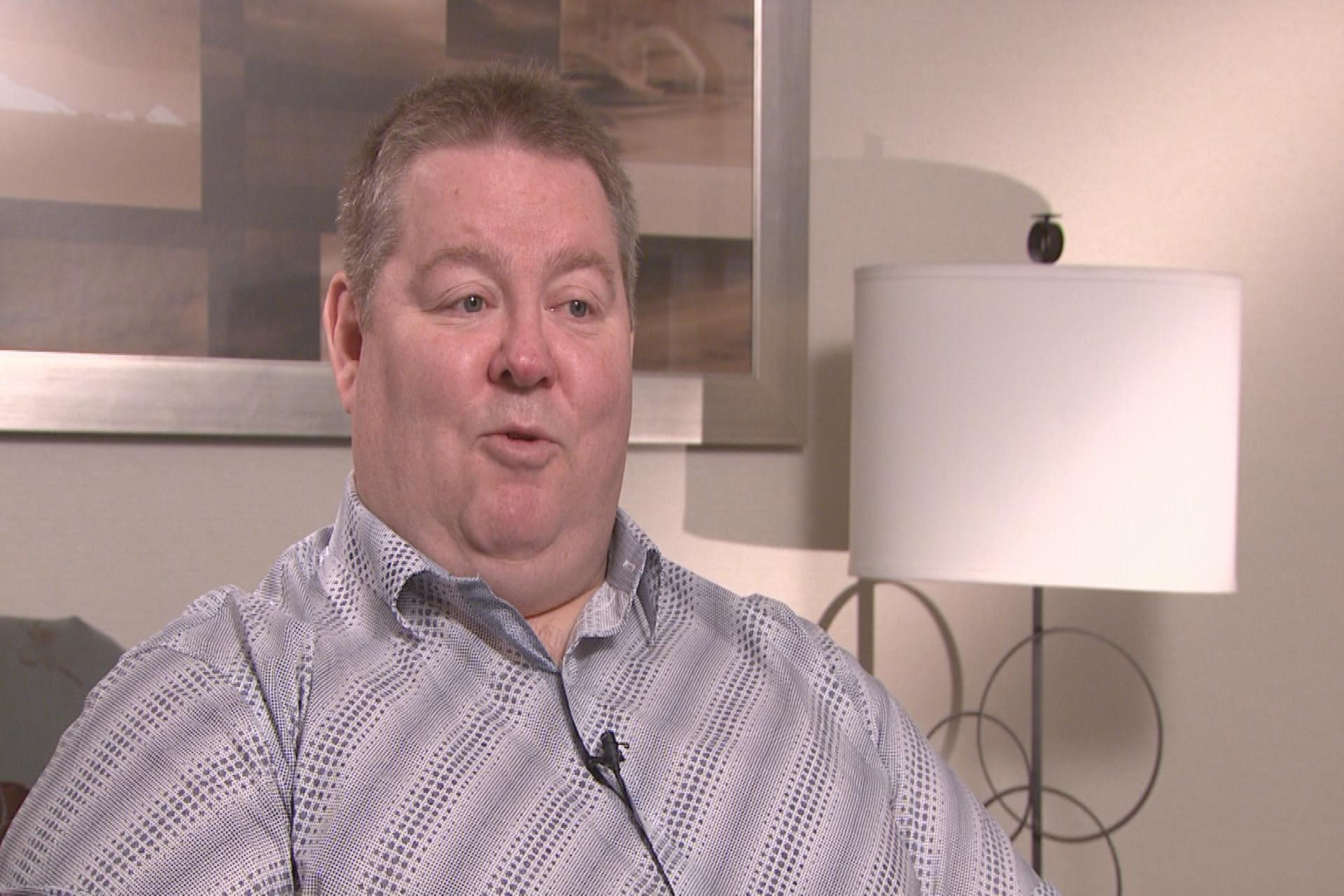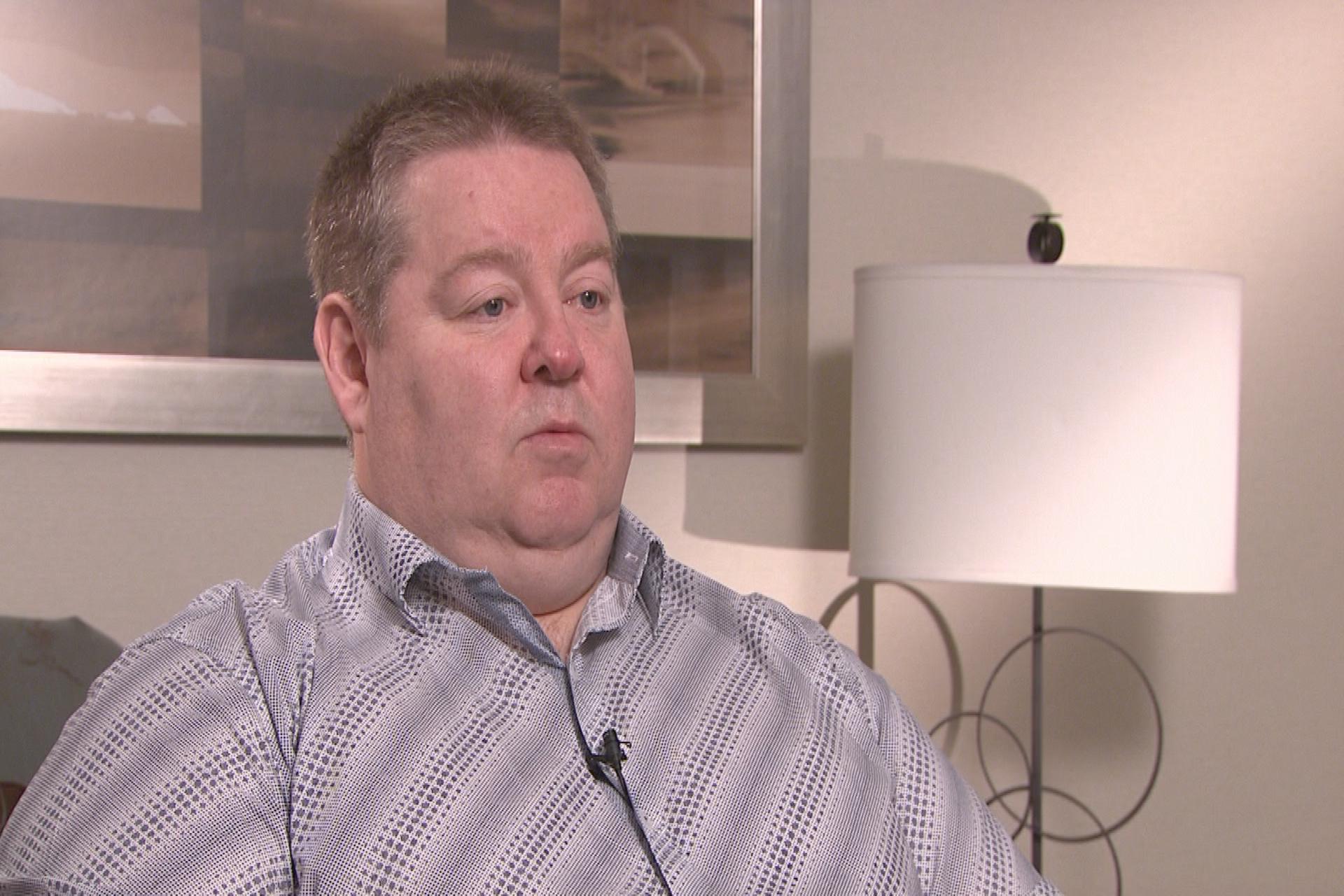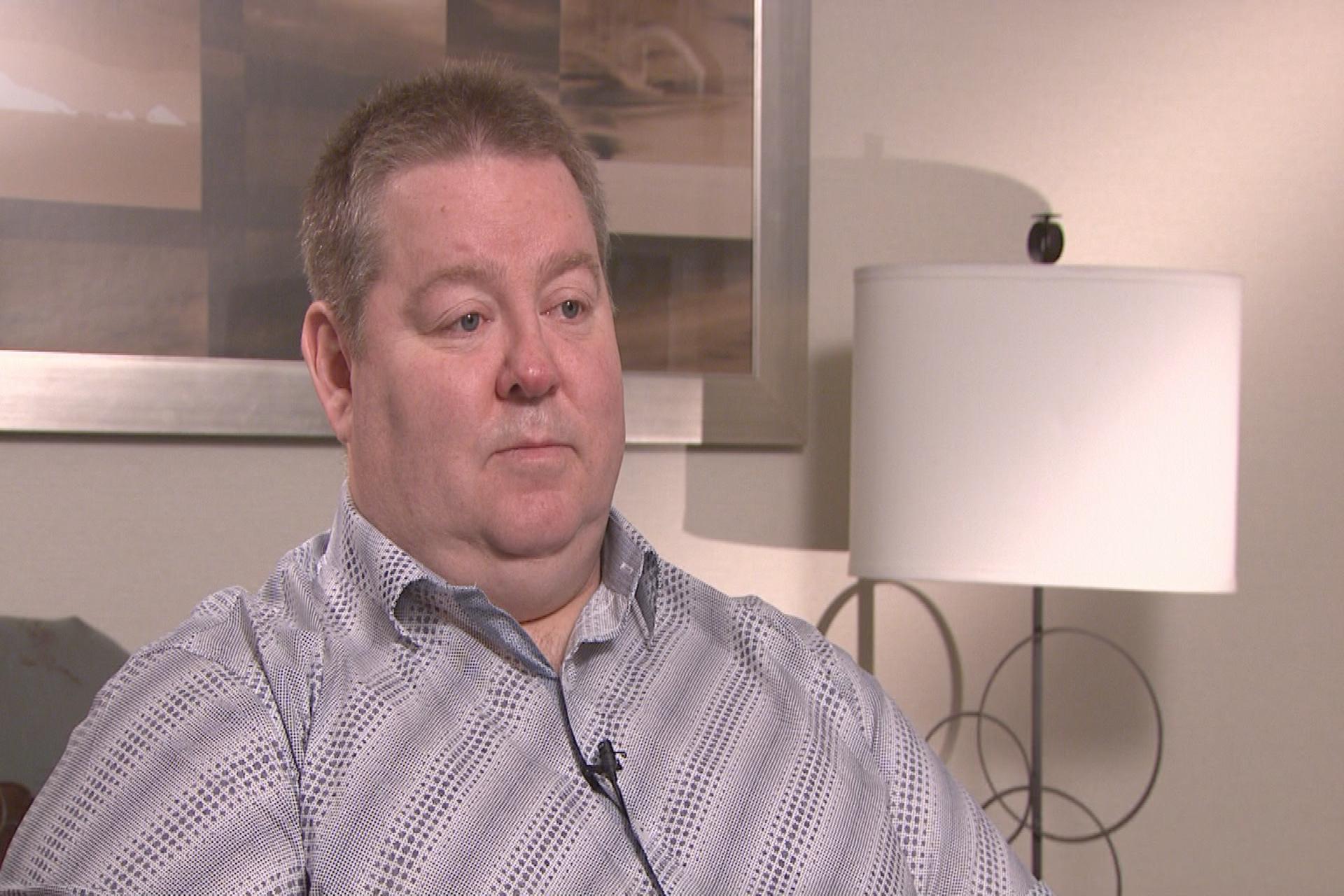Outside camp, it would be like going to a platoon house.
We were up to the old platoon house in Konvakuff. We would go up there
switchback roads, going back and forth, high mountain peaks
so if your driver is going too far, very narrow roads,
you go by old spots in the road where they have been dug out because
there used to be landmines so I’m the crew commander going over
high in the seat, you’re watching out for problems, for wires
across the road in case someone has come back in and set the mines again.
And we’re just going there ourselves. We have no protection force or nothing like that
because the belief is we are not under any real threat at this time
because there is peace and everything in the area. The Serbs are pulled back,
there’s no fighting or anything in the area. But you can see
the old bunkers on the side that’s been destroyed that people
have maybe built back up again and like I say you see a little
dirt patch in the road, do you drive around it, do you drive over it because there could be bombs in it.
You roll into the platoon house, people are looking at you.
You are trying to see what’s going on in the local town.
Compare from week to week how’s things change. Is there new people that you don’t know about?
Is there more cars in the area because these are things when we get back to our camp they want to know,
“Did you see more people in the area. Is the area still empty?
Is there homes on fire?” Because you come into town, one week to a week,
maybe a house has been burnt down. This is just the locals,
people coming in, the Croats in there pushing their way in to make them realize,
you know, you either do as we tell you or this is what’s going to happen.
So then we go in there into the
hospital and we found there was like an old x-ray machine that
had bullet holes in it and radiation leaking out of it.
Not very good electricity so we are getting people in there trying to fix this
get rid of the problem for safety. Try and help
with firewood for the locals because when you go to the clinic,
they see the big ambulance show up, everybody comes in, they talk to the nurse.
And that was another thing, it’s a real culture shock.
Usually when you show up at a clinic or anything
you go in there you expect to start working, no. The place would be like
fifteen or twenty people in there waiting to see you
but you are not allowed to see any patients until you’ve had coffee with the nurse.
She takes you in and she makes you a local Bosnian coffee
and you got to sit with her and have a cookie and stuff like that.
We keep telling her, “No, no , we got our own coffee.”
We didn’t want to be rude or nothing but
you have to drink this stuff and be polite and everything
because they don’t have a lot of rations as it is so we didn’t want to eat up their stuff.
But still you had coffee with her every week and the niceties.
Then you go in the room because she spoke pretty good English,
not the best, we always had a translator with us.
We set up in the room and she would tell the patients to come in
and she would stay with them, that way we always had a female with us and everything
and we would treat patients and do what we could for them.
Most of the time we had our P.A.’s, our physician’s assistant, would come with us
so if it was somebody needed prescription medication, we had a couple panyards,
boxes full of prescription medication that he could prescribe.
Sometimes we were off to the side in another room cleaning and dressing a wound,
someone got an infected arm, something like that,
just doing things like that. Then before you leave you always did a little
lap around the town to see if anything has changed.
A couple of times we would go up to the local school
and try to meet with the principal there to see what their needs are
because a couple of times while we were there over the six months
we went up to the local elementary school I guess it was,
and we had pencils, paper and colouring books and stuff sent
over from Canada and toys and we went up.
and delivered them up there to the kids and everything. Give them something;
they didn’t have very much, they had a chalk board and the desktops were empty.
So we were always trying to deliver things like that that people sent for us to deliver.
Then on your way back, you’re going back to camp,
it’s the same thing again, you got to be back before night fall.
A lot of switchbacks again. It’s nothing like driving in Canada,
very high mountain passes,
you got fifteen tonnes or whatever that ambulance was, solid steel
coming down the hill and if the air brakes gave out,
you're going over because very steep gorges
and switchbacks into the town and then you roll back into the camp.
That would be a normal day outside the wire.



